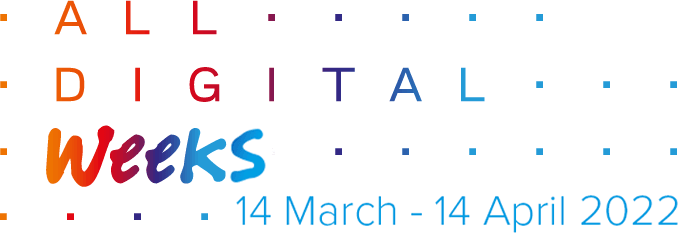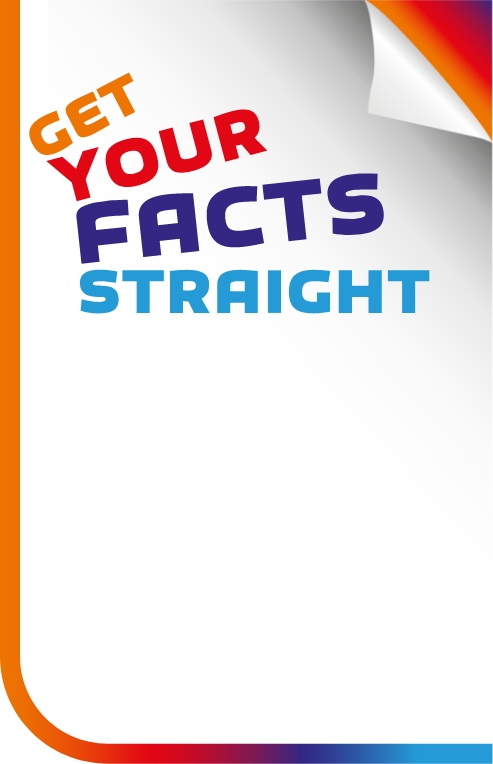
On 30th March ALL DIGITAL hosted the webinar “Digital skills as transversal skills” focusing on the TRANSVAL-EU project. Digital skills, as well as other transversal skills, are increasingly important nowadays for entering the world of work. The purpose of the event was to see which are the transversal skills that can be applicable in different work and life contexts, and how to identify and validate them. Since the event was part of the ALL DIGITAL weeks’ calendar, the focus was, naturally, on digital skills.
Sarah Rabl, project manager at OeAD and Julia Walder, policy officer for skills and qualification at OeAD, the coordinating organisation of TRANSVAL-EU, talked about the framework of the project and the expectations from it. Sarah Rabl give a brief explanation of the TRANSVAL project explaining why it is fundamental in 2022. Julia Walder presented the various phases of the project. After an extensive research of existing frameworks and tools for validating transversal skills, the consortium is now developing the curriculum for training validation and guidance practitioners.
Pauline Boivin, Project and policy coordinator at the Lifelong Learning Platform explained that the consortium has defined 12 transversal skills, with the help of a concept map to help understand how each skill is closely related to the others. For each skill, she then defined the various levels of knowledge and learning that can be obtained using a table with a description of the expected results for each level.
Mariya Dzhengozova, social researcher of 3s concentrated on four digital tools (e.g. e-portfolios) that can be used for validating transversal skills. She also analysed the advantages and disadvantages of using online platforms and tools for validating transversal skills, and the factors which make those tools more reliable and trusted. She then provided a list of pros and cons of the digitalisation of validation and guidance tools and methods. She noted that one advantage of such tools is that users can upload and share a lot of information, but on the other hand, sometimes the tools are not free and their use may require a certain level of digital skills that the end users might not have.
Laura Profiri from Pluriversum presented one of the tools identified as good practice – the NADINE platform. Its main target group are migrants, refugees and young adults. The user creates their CV and can assess their skills in different ways, for example using a questionnaire to validate their skills (there is always an explanatory video on how to complete it). Once the test has been completed, it is possible to see all skills levels. The platform also allows to do a training session and depending on the level obtained, the user can continue their learning and explore other resources.
The event ended with a series of questions that participants responded to via Mentimeter including sharing further tools and methods for validating transversal competences.



























